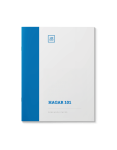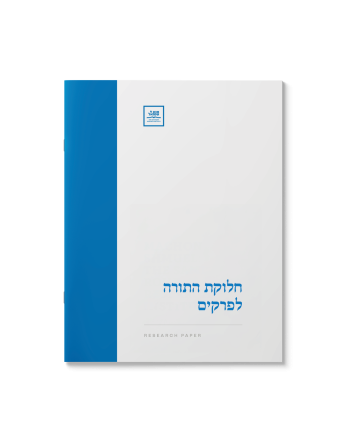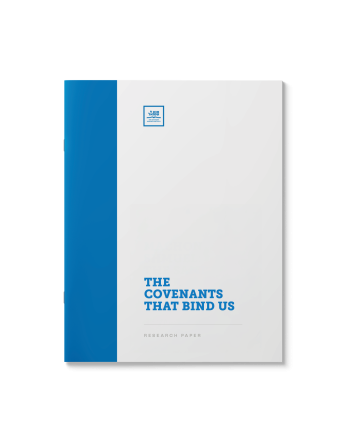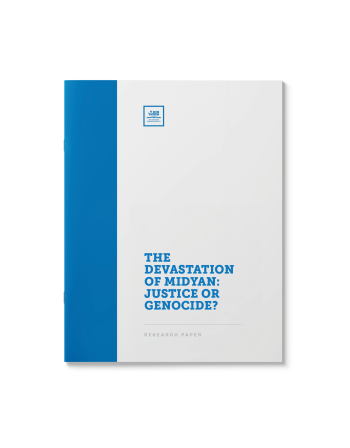Hagar 101
$39.00
If Avraham was specifically
instructed to refrain from marrying a maidservant, how was he permitted to
marry Hagar? How could Avraham marry Hagar if Jews may not marry a first or second-generation
Egyptian convert? Was Hagar betrothed through a form of kiddushin or was
she considered a concubine? Was the marriage of Avraham and Hagar divinely
ordained?
| Language | English |
|---|---|
| Paper Type | Research Paper |
| Pages | 3 |
Related Products
A factual review of our forefather’s wedding and marriage arrangements. How
old was Ya’akov when he got married? How old were Bilhah and Zilpah? Were Rochel and
Leah twins? Why did Ya’akov work for seven years for each of them?
The circumstances surrounding the birth of King David remain obscure. Legend has it that Nitzeves endured great personal sacrifice in mothering the Sweet Singer of Israel. How is this chapter in King David’s life understood through the lenses of Torah scholarship?
Having survived the Great Flood, Noach was comforted by the sight of the dove clutching an olive leaf, the proverbial sign of peace.
What is unique about the olive leaf? What was the message it conveyed to Noach? What relevant lesson can be gleaned from this incident?
The Biblical account of Sarah’s treatment of Hagar is well-known. How do the classic commentators and other authorities understand her behavior? Is she to be criticized or vindicated? What moral defense can be offered for Sarah banishing Yishmael?
Jews have always cherished the land of Israel, and yearned to be buried there upon their passing. They also seek to have their grave marked honorably, so as to enable loved ones to visit and pray. Yet Moshe Rabbeinu merited none of these, buried in “the Valley of Moab,” where “no person knows the place of his burial unto this day”.
Why was he assigned this fate? Does this somehow reflect his life’s unparalleled accomplishments?
(Hebrew)
Formulated as a series of answers, rebuttals and rejoinders, the information in this document will be invaluable to you when studying this important subject. Why did G-d instruct Moshe to take the Staff? If he was not to strike the rock, why did it issue forth water? How could Moshe defy G-d’s explicit instructions?
Why
is Yosef referred to as HaTzadik? Didn’t he slander his brothers? A
new look at the saga of sibling rivalry and forgiveness.
There are many covenants between G-d and the Jewish people described in the Torah, such as the covenants with Avraham, before Matan Torah, before entering Eretz Israel, as well as many others. What is the significance of each covenant according to the traditional and mystical meanings?
The final battle of Moshe’s lifetime is known as the war with Midyan. Moshe conveyed the divine instruction to take the lives of all the male Midyanite minors. Can this paradigm be reconciled with modern-day norms of war?
(updated)
Yonah. A prophet, a man of G-d – and a man who ran away from his duty. Yonah is one of the most famous and enigmatic prophets in Jewish history. Discover how Yonah’s actions are viewed from the Torah’s perspective and examine why his deeds were recorded for posterity.
Dovid Hamelech remains one of the most famous yet most mysterious men in Jewish history. A king and a sage, a warrior and a poet, his accomplishments seem to be a cluster of contradictions. Study the life of one of Israel’s greatest kings, with an emphasis on the viewpoint of Chassidus.
The Biblical account of the destruction of Sedom raises many
questions. Amongst them: Why does the Torah imply that the angels defied G-d’s wishes by acting independently? Did Lot in fact direct his prayers to the angels? Was
his defense of the inhabitants of Tzoar that much better than Avraham’s
arguments to spare Sedom?















